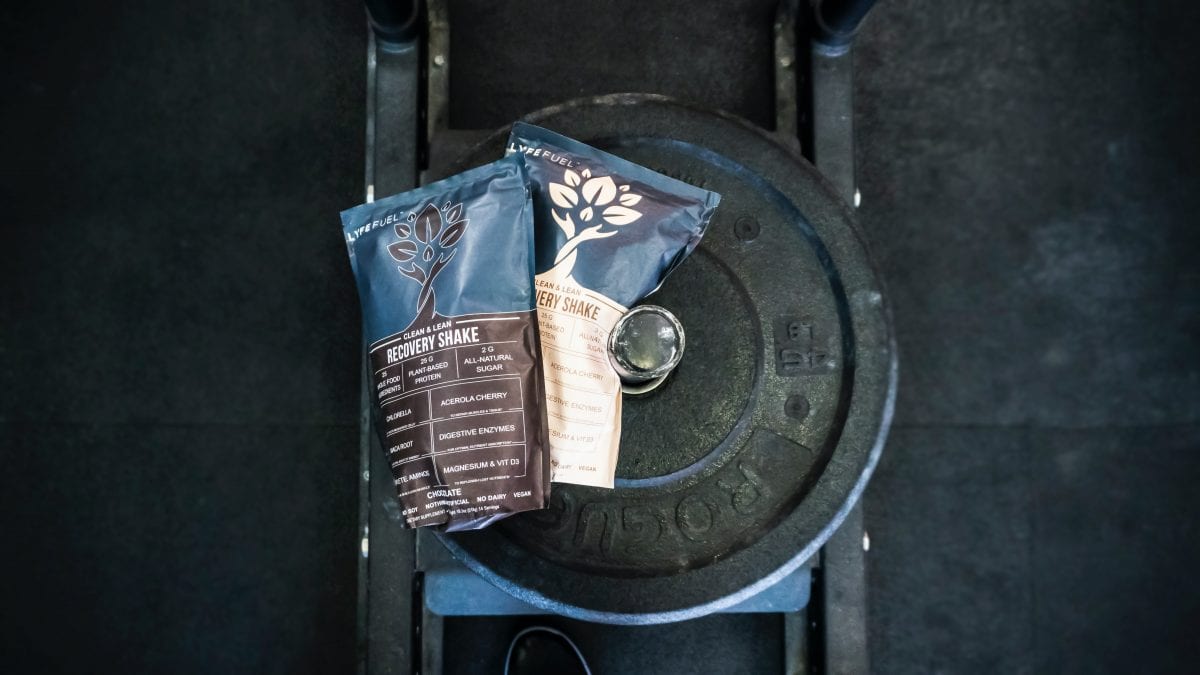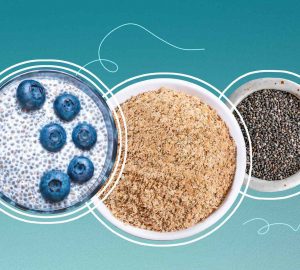It’s no secret that protein powders have become the go-to solution for many athletes in recent years. Nowadays, with the rise of the fitness lifestyle, amateur and professional athletes alike seek natural ways to complement their exercise routines and reach their health goals. As a result, protein powders have grown tremendously in popularity. The sight of post-workout shakes at the gym is now all too familiar, as they help increase nutrient intake, enhance performance, and promote muscle growth and recovery. So, if you’re contemplating adding them to your diet, here’s a practical guide with everything there is to know about protein powders.
What Are Protein Powders?
As the name suggests, these supplements in the form of powder offer dietary support to help you fulfill your daily requirements for high-quality protein. Consisting of amino acids, proteins are large, nutritive molecules that are essential to the structure and function of your body, notably the cells that compose your tissues, muscles, and organs. For athletes, consuming protein in sufficient quantity is necessary for muscle development, strength building, and post-exercise recovery.
Types of Protein Powders
There are various types of protein powders. While the majority consumed are derived meat or dairy products, you can also find vegan alternatives that will work just as effectively; they might not be as popular, but some specialized research will familiarize you with their distinctive, organic properties. Here’s a brief breakdown of the different types of protein powders you’ll find at your local store:
- “Complete” Proteins
Proteins such as whey, casein, soy, and hemp classify as complete sources of proteins. This is because they contain all nine amino acids necessary for full, quality protein intake. Whey, the most popular type, is digested quickly, while the milk-based casein takes much longer to digest, making it a great meal replaceOnoy, on the other hand, Soy is a highly-processed protein that is vegan-friendly and a complete source of amino acids, just like hemp, which many claims to be the best plant-based protein.
- “Incomplete” Proteins
In contrast, pea, rice, and other lesser-known byproducts comprise the incomplete protein category. This is because they do not feed the body with all nine amino acids, and you’d have to supplement them with other ingredients. They still have their benefits, though. For instance, pea protein contains high concentrations of glutamic acid, which helps convert carbohydrates into energy (rather than storing them as fat). Likewise, those who are lactose intolerant or allergic to soy will want to go for rice protein, a more easily digestible alternative.
Why Take Protein Powder?
Whether you follow a workout routine based around weights, endurance, or cardio training, your body will need greater protein intake to allow your muscles to develop and recover after an intense session. On average, expert recommendations suggest an intake of 45 to 60g a day, depending on your morphology and fitness goals. While the best way to get good protein is by consuming meat, poultry, fish, eggs, and nuts, no one wants to have steak and chicken breast for breakfast, lunch, and dinner. As such, one of the easiest and most convenient ways to increase your protein intake and achieve your fitness goals is by consuming protein powder.
How to Consume Protein Powder?
If you were somehow under the impression that protein powders were exclusively consumed as shakes, think again! Nowadays, more and more people are now using protein powder from Obvi in cooking and baking to fulfill their daily requirements. For beginners, you can mix a serving of your chosen protein powder with water, milk, or coconut water and drink it after your workout. Healthy fruit smoothies are also a beloved drink to which you can add protein powder
Alternatively, you can prepare a highly-nutritive breakfast by adding the powder to your pancake or French toast batter. Regardless of how you decide to consume it, a typical serving of protein powder shouldn’t exceed 25 to 30g; that is the amount your body needs to repair muscle tissues after working out. Several studies have suggested that a protein-rich diet may help decrease levels of body fat, making it ideal for those looking to burn fat and lose weight.
All things considered, consuming protein powder to build muscle and achieve other fitness goals is almost always a safe bet. It will help you stay healthy and maximize your athletic performance. Even if you’re not an avid gym-goer, you can still opt for these popular supplements if you suffer from protein deficiency. In any case, it’s advised to conduct some research to find the type of protein powder that suits your goals and needs, along with your recommended daily protein intake.








